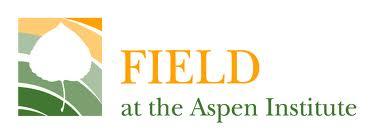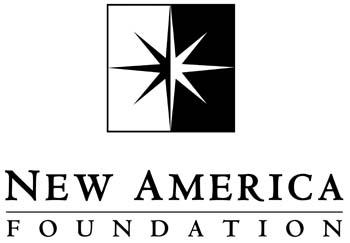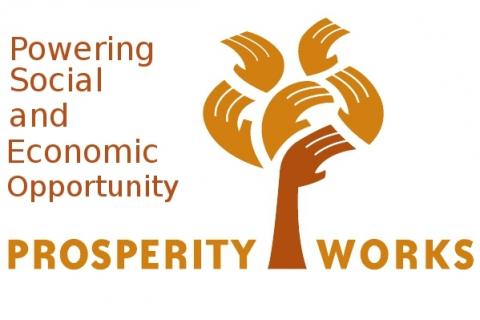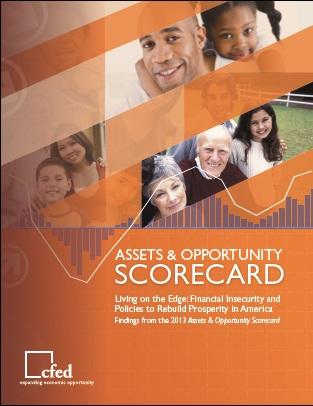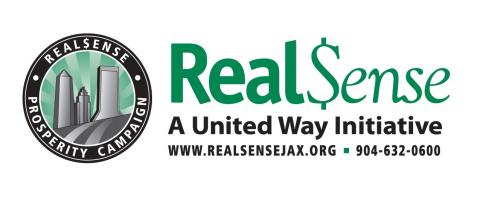Crossposted from Policy Network, and later published on the London School of Economics website, this blog is part of a debate event hosted by Policy Network in London, UK, that was reviewed in OurKingdom by grassroots activist James Doran:
Five years after the financial crisis economic inequality in the United States is spiraling to levels not seen since the Gilded Age. While most Americans are experiencing a recovery-less recovery, the top one per cent of earners last year claimed 19.3 per cent of household income, their largest share since 1928. Moreover, income distribution looks positively egalitarian when compared to wealth ownership.

